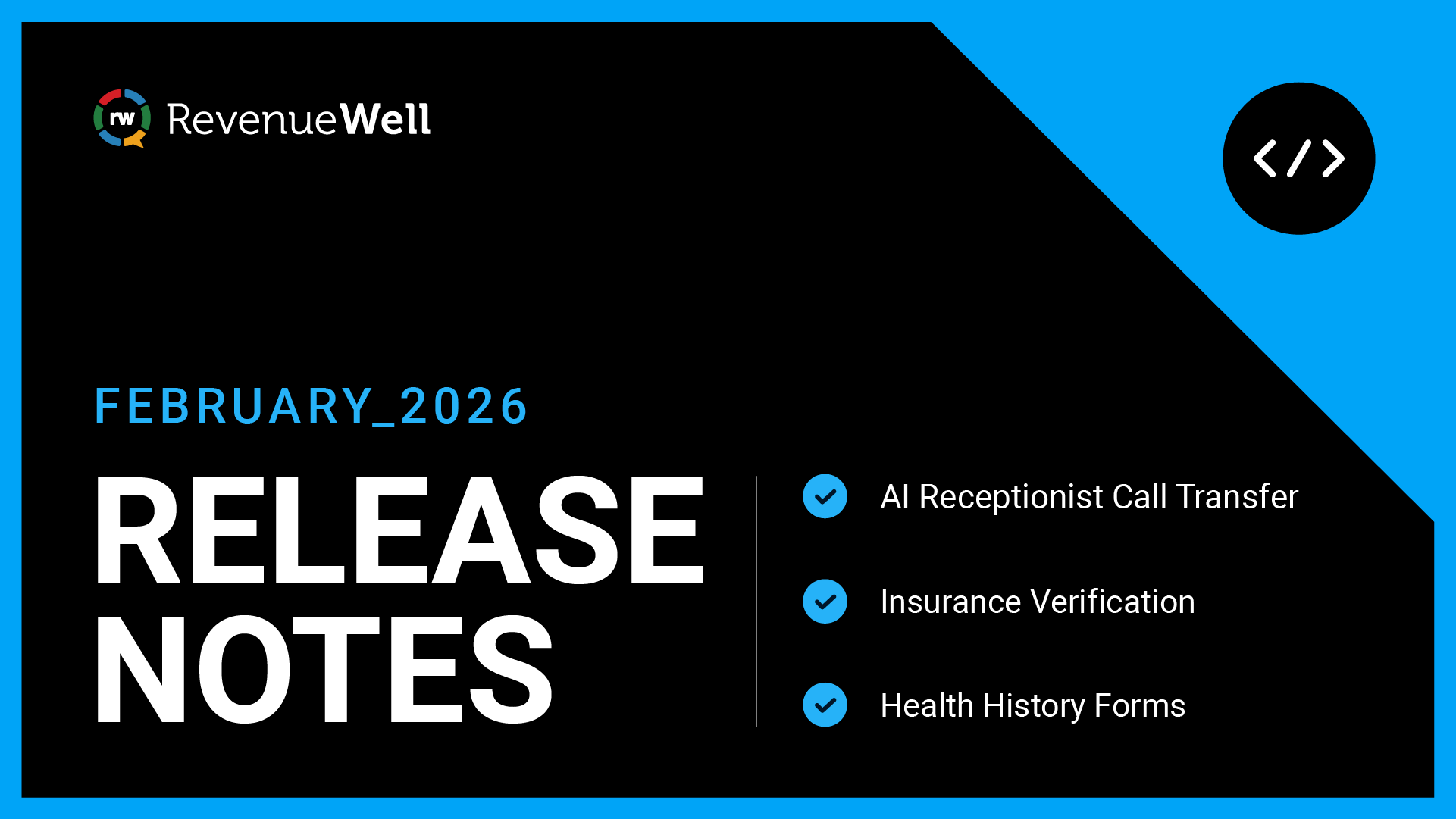Should You Be Using Google AdWords?

If you’re a regular reader of the blog, and have an eye toward practice growth, you’re no doubt using a mix of referral marketing, well-crafted SEO, and easy-to-share newsletters to bring in new patients. You’re also probably considering (or, already using), Google AdWords to amp your outreach even more. That’s smart. AdWords is an amazing tool that can provide you with a tremendous amount of exposure in your local market. However, it can also cost far more than it’s worth if you fail to use it properly. So, whether you’re already using AdWords, or contemplating diving in for the first time, here are a few things you need to consider before making your decision.
1. How competitive is your market?
If you’re located in a small town where you’ve got the corner on dentistry, congratulations. You’ll find promoting your practice using Google AdWords to be a relatively simple endeavor, with a manageable expense load. If, however, you’re in a large metro with a dentist on every block, or a specialist whose competition has a healthy ad budget for wooing new patients, you’ll have to weigh the cost of entry first.
Top positions on the first page of search tend to start around a dollar, and can quickly move up to $50.00 in competitive markets. And, in truth, there really is no ceiling. So, the greater the competition, the more everyone has to pay for the honor of competing against one another when using AdWords. Follow best practices to get a leg up on the competition, and don’t cut any corners on the analysis. Once you’ve done your homework, if you find pay-per-click (PPC) rates are cost prohibitive, look to alternative ways to bring in new business that don’t rob you of profits without gain.
2. Do you know what kinds of patients you want?
Are you looking to attract any and all patients, or patients for specific services? Are you looking to cast a broad net geographically speaking, or focus more on your own neighborhood? Here’s where you’ve got to think smart in order to avoid overspending. To minimize costs, the rule of thumb is to market specific services to as narrow of a group of people as you can target.
So, for example, don’t create ads with titles like: “Westeros Dentist” if you’re a dentist working in the neighborhood of Kings Landing. Remember, Google is hyper-local, so create ads with your locality AND specialty in mind. Instead, target to specifics like: “Kings Landing Implant Services,” “Kings Landing Sedation Dentistry,” or “Kings Landing Pediatric Dentistry.” Google actually allows you to finely target the kinds of searches that trigger your ads – including time of day, geography, browser, etc. – so start out by getting as specific as you can be and see what happens. If you get too few hits, you’ll know you need to loosen up your constraints a bit.
3. Do you have good infrastructure behind the ad?
Good infrastructure is about two things: a content-relevant landing page (the page a user lands on after clicking the ad), and a solid call to action. If you do these two things correctly, you’ll find yourself spending less and earning more. Why?
You’ll spend less because Google charges less for ads with that are linked to landing pages that have content relevant to the ad. For example, an ad for sedation dentistry will cost a lot less if it leads the user to a page that has useful information on available options, the procedure, its benefits etc. Linking such an ad to your home page instead will produce much worse results and will increase your price per click.
On the other hand, a good call to action is an absolute must in converting people who click on your ads into patients. Always remember, your goal with any type of advertising is to convert – you’re not Coca-Cola reinforcing a nearly 130 year-old global brand, you’re a local doctor trying to bring in new patients, fast.
4. Are you prepared to invest in the day-to-day management?
Google likes to consider AdWords a “set it and forget it” way to market. That’s hardly accurate (except to say, they don’t mind you forgetting you’re spending money on it every month regardless of what you get out of it), considering that a lack of oversight could mean your little AdWords adventure can quickly become a major expense category for your practice. For a good primer on why professional management of your AdWords initiative is important, and how you can learn and profit from good oversight, read “New York Times” contributor, and small business owner, Paul Downs’s take on the importance it had on his $1.4 million dollar a year cabinet-making business.
Remember, AdWords is a highest-bid-wins, auction environment. And, at an auction two kinds of people win: 1) people who don’t care what they spend to win (this is not you), and 2) people who know exactly how much they can spend and still be in the black on the average win (this is where you want to be). Before starting an AdWords campaign, or continuing one you’re spending money on currently, the question you’ll want to ask yourself is this: “Do I have the tools in place in order to maximize the profitability of each patient I attract using this tool?” If you can answer yes to that question, then feel free to move ahead and conquer AdWords head on!



.png)
